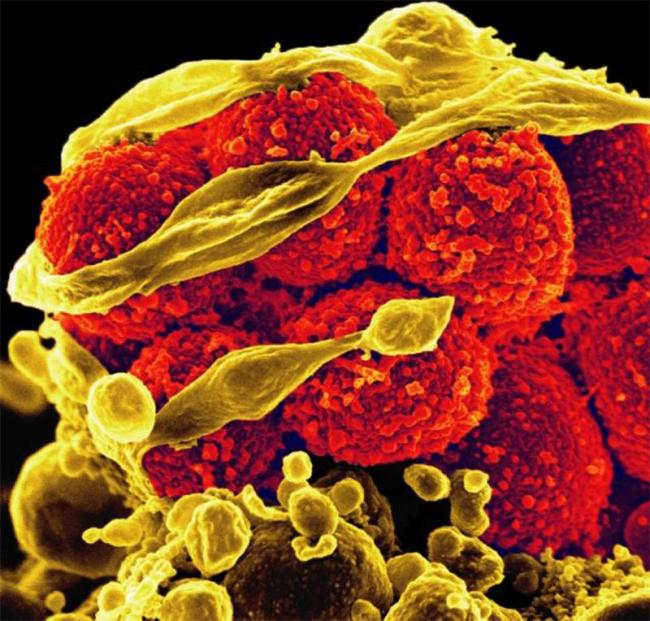Doctors underutilize next-gen antibiotics to fight resistant infections in U.S. hospitals
Media Advisory Friday, April 19, 2024
Doctors underutilize next-gen antibiotics to fight resistant infections in U.S. hospitals
NIH scientists find clinicians still rely often on older and toxic medicines.

What
Despite Food and Drug Administration (FDA)-approval of seven next-generation antibiotics to fight infections caused by resistant “gram-negative” bacteria, clinicians frequently continue to treat antibiotic-resistant infections with older generic antibiotics considered to be less effective and less safe, according to a study by researchers at the National Institutes of Health’s (NIH) Clinical Center. Researchers examined the factors influencing doctors’ preference for newer antibiotics over traditional generic agents to shed light on the decision-making processes among clinicians when treating patients with challenging bloodstream infections caused by gram-negative bacteria and significant comorbidities.
The study revealed that at a considerable proportion of hospitals, particularly smaller facilities located in rural areas, staff were reluctant to adopt newer antibiotics. Researchers identified a large cost disparity between older and newer classes of antibiotics; the newer drugs can cost approximately six times more than the older medications, which could disincentivize prescribing.
Researchers also highlight that next-gen agents are prescribed more often at hospitals where lab results that show the medications are effective against a patient’s bacterial infection are reported to prescribers. Scientists suggest that earlier and more widespread availability of such lab testing might improve use. Additionally, authors recommend that future public health policies and economic strategies on further development and use of similar antibiotics should be designed to identify and overcome additional barriers.
Gram-negative bacteria are a class of bacteria resistant to multiple drugs and increasingly resistant to most antibiotics. According to the Centers for Disease Control and Prevention, they are able to find new paths of resistant and pass along genetic material that enables other bacteria to become drug resistant.
This study was funded by the FDA and the NIH Intramural Research Program.
Who
Sameer S. Kadri, M.D., head of the Clinical Epidemiology Section, NIH Clinical Center
Article
Sameer S. Kadri, MD, et al. Assessing Clinician Utilization of Next-Generation Antibiotics Against Resistant Gram-Negative Infections in U.S. Hospitals. Annals of Internal Medicine. April 19, 2024. DOI: 10.7326/M23-2309.
About the NIH Clinical Center: America's research hospital, is located on the NIH campus in Bethesda, Md. Through clinical research, clinician-investigators translate laboratory discoveries into better treatments, therapies and interventions to improve the nation's health.
About the National Institutes of Health (NIH): NIH, the nation's medical research agency, includes 27 Institutes and Centers and is a component of the U.S. Department of Health and Human Services. NIH is the primary federal agency conducting and supporting basic, clinical, and translational medical research, and is investigating the causes, treatments, and cures for both common and rare diseases. For more information about NIH and its programs, visit www.nih.gov.
NIH…Turning Discovery Into Health®
Institute/Center
Contact
240-731-4843


